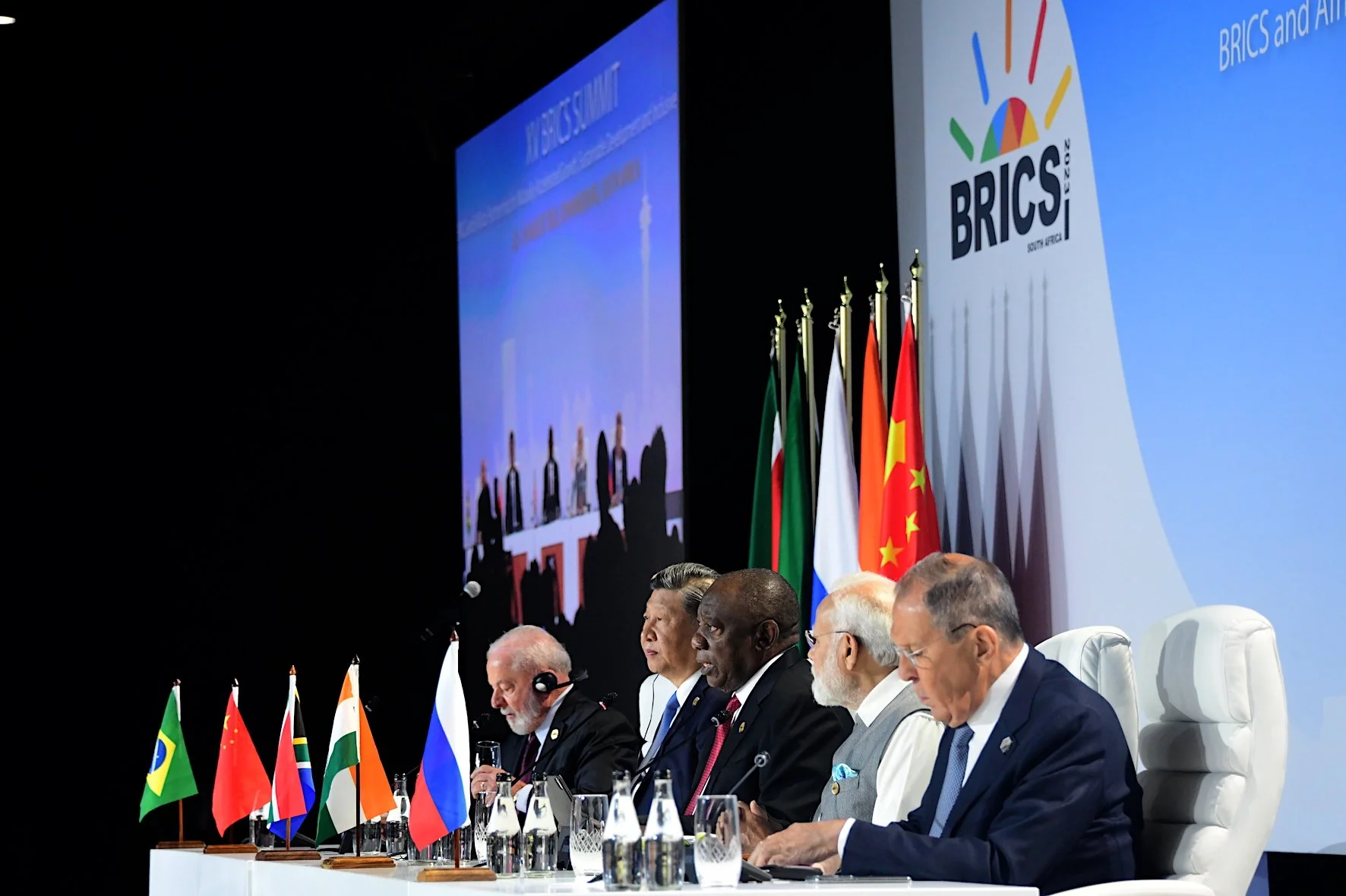Written by Dr Imran Khurshid
In the end, this agreement is less a stabilising alliance than a strategic gamble — one that risks drawing Pakistan into conflicts beyond its capacity, while further complicating the already turbulent geopolitical landscape of South Asia and the Middle East.
Read More















